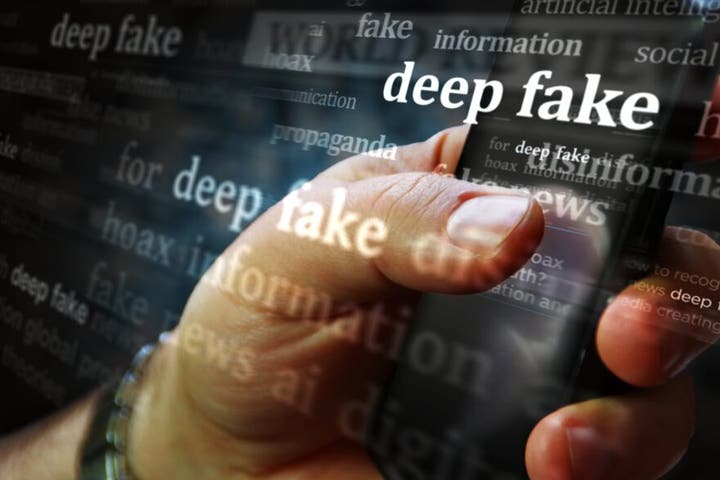AI-Generated Sexually Explicit Deepfakes On UK Government Radar As New Law Seeks To Criminalize Them: 'Making This Material Is Immoral' Joe Biden, Proposed law, UK government, Meta Platforms, Deepfake rules, National threat, Ministry of Justice, Election interference, Artificial intelligence (AI), Intimate images without consent, Violence against women and girls, Sexually explicit deepfake images, Corporate scam involving deepfak.. by https://www.benzinga.com/

AI Insights:
Simple Explanation:
A law is being made in the UK to stop people from making fake naked pictures or videos of others without their permission. This is because these fake images can hurt and upset people, especially women. The government wants to punish those who make and share these fake images by fining them or putting them in jail. Read from source...
Critical Perspective:
- The article title is sensationalized and misleading. It implies that deepfake images are a new phenomenon when they have been around for years, albeit with less realism and sophistication.
- The article uses moralistic language such as "immoral", "misogynistic" to condemn the creation of deepfakes without acknowledging the potential positive applications or benefits of this technology, such as entertainment, education, art, or privacy protection.
- The article cites anecdotal examples of deepfake scandals and crimes without providing any evidence or data on how prevalent or harmful they are compared to other forms of media manipulation or abuse. It also ignores the fact that existing laws can already cover some aspects of deepfake offenses, such as identity fraud, harassment, or defamation.
- The article relies on quotes from politicians and authorities who have a vested interest in creating fear and hysteria around deepfakes to justify their new legislative measures. It does not present any counterarguments or alternative perspectives from experts, academics, or civil society groups who might challenge the need for such drastic interventions or highlight potential unintended consequences.
- The article ends with a list of references that are mostly news articles and press releases, which do not provide any reliable or credible sources of information on the topic.